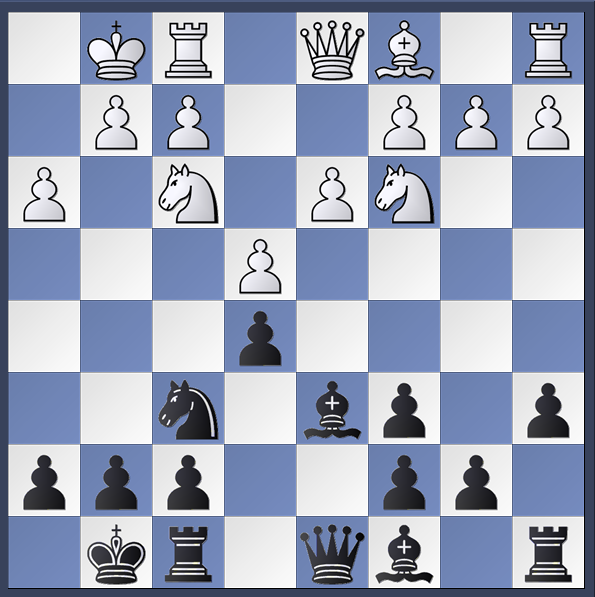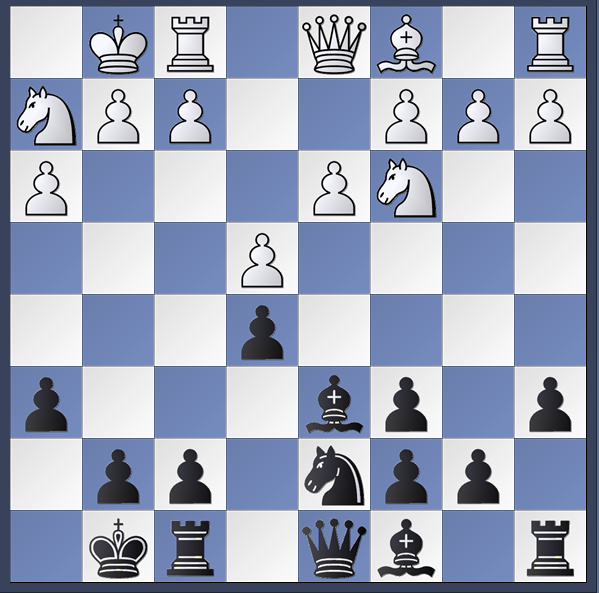Apologies for not posting a T-28 review two weeks ago as scheduled; I decided to hang on until now as it is the midpoint of my Road to 2100 year.
Ratings
FIDE standard: 1966-1973 (expected), +7 points
Other ratings: No change
I am expecting to gain 7 points this period from a win I had against an 1837-rated player in the 4NCL. The 4NCL season continues to go well for both my team (West is Best) and me personally, and with 6 wins from as many matches the first team stands a good chance of promotion to the second division. This would give me the chance to play some stronger players next season. Whilst my rating is still creeping up, I have to earn a lot more points in the second half of the year than in the first if I am to have any hope of reaching my goal. A provisional idea of where I plan to earn these points is given below (note that not all these events are confirmed yet):
13/3/16: French league, 1 game
19-20/3/16: 4NCL, 2 games
3/4/16: French league, 1 game
23-24/4/16: Hampstead Congress, 5 games
30/4-2/5/16: 4NCL, 2 games
14-15/6/16: Hampstead Congress, 5 games
27-30/5/16: Gatwick Congress, 7 games
11-12/6/16: Hampstead Congress, 5 games
2-3/7/16: Hampstead Congress, 5 games
4-8/7/16 St. Petersburg Railway Tournament, 6 games
23/7-6/8/16: British Championships, 11 games
In total that is 50 games, which, as calculated previously, would be enough for me to reach my goal if I performed at 2150 level.
Assessment: Red (cause for concern)
Study
I am pleased to report that I have once again met my study target of six hours’ deliberate, focused training per week, which now makes ten weeks in a row. Having said that, not all of that time has been spent on the material I believe will make the most difference, as I frequently choose an easier option. For example, ‘Calculation’ by Jacob Aagaard is a book I have been trying to work through for a long time now – it seems like an excellent book, with well selected problems, and I am sure that a careful reading of it would improve my chess – but I often do some quick tactics puzzles on ChessTempo or Chess24 rather than the more difficult problems in ‘Calculation’. To counter this tendency I am introducing a set of ‘deliverables’, listed in a new tab on my study log spreadsheet, which I must spend at least six hours on per week.
There are currently 276 deliverables, split into three categories: calculation, opening and endgame. My focus on calculation/thinking was explained here. The opening and endgame items have been included because, whilst I feel I am making progress with my thought and decision-making process, it is not clear when that it going to translate into a big jump in practical play. Given that it is now only 26 weeks until my deadline, I am taking no chances and intend to improve my openings and endgames as well (note that this is something of a throwback to an earlier plan).
Assessment: Amber (some cause for concern)
As usual, I would be interested to hear your thoughts in the ‘Comments’ section below.

